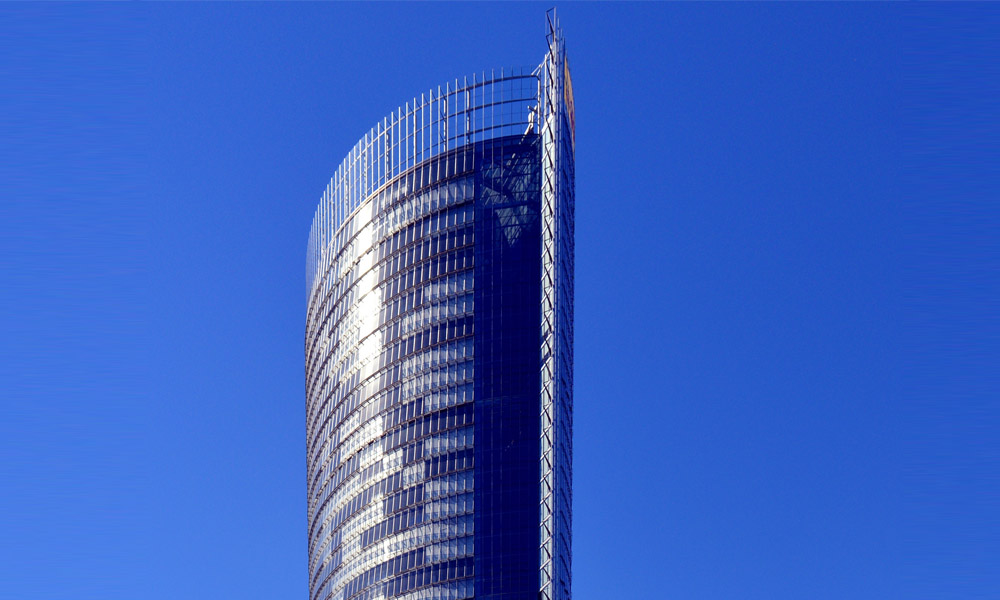

The Rise of Reflective Glass Manufacturers A Closer Look
In recent years, the world has witnessed a significant rise in the popularity and demand for reflective glass. As an essential material for modern architecture, reflective glass not only enhances the aesthetic appeal of buildings but also offers functional benefits such as energy efficiency and UV protection. As a result, the role of reflective glass manufacturers has become increasingly pivotal in the construction and design industries.
Reflective glass is produced through a unique process that involves applying a thin metallic coating to clear or tinted glass. This coating allows the glass to reflect a substantial amount of solar energy while still permitting light to enter the building. The application of reflective glass is varied, ranging from commercial skyscrapers to residential homes, and even automotive and marine industries. The benefits of using reflective glass are manifold.
One of the primary advantages is energy efficiency. In an era marked by escalating energy costs and a growing awareness of environmental issues, building owners are more inclined to invest in materials that reduce dependency on heating and cooling systems. Reflective glass serves as an effective barrier to solar heat gain, significantly lowering the demand for air conditioning in warm climates. This not only results in substantial savings on energy bills but also contributes to a smaller carbon footprint for buildings, aligning with global sustainability goals.
In addition to energy conservation, reflective glass enhances the comfort of indoor spaces. By controlling glare and excessive sunlight, it creates a more pleasant environment for occupants. This is particularly important in commercial spaces where productivity can be significantly impacted by comfort levels within the workplace. Furthermore, reflective glass offers increased privacy without compromising natural light, making it an attractive option for office buildings and residential properties alike.

However, the manufacturing of reflective glass is not without challenges. The production process must adhere to stringent quality standards to ensure that the glass not only meets aesthetic requirements but also performs reliably under varying environmental conditions. Manufacturers invest heavily in research and development to enhance the performance features of reflective glass. Innovations include improving the durability of coatings, enhancing solar control properties, and developing eco-friendly production methods.
Another challenge faced by reflective glass manufacturers is navigating the regulatory landscape concerning building materials. As governments around the world implement stricter regulations aimed at reducing energy consumption and carbon emissions, manufacturers must remain agile and adapt their products to meet these evolving standards. This may involve sourcing raw materials sustainably, adopting cleaner manufacturing processes, and ensuring compliance with industry certifications.
In terms of market dynamics, the demand for reflective glass is expected to continue its upward trajectory. Urbanization and the rapid expansion of the construction sector, particularly in emerging economies, present lucrative opportunities for manufacturers. Additionally, the increasing trend towards green building certifications underscores the importance of energy-efficient materials, further driving demand.
As the market evolves, reflective glass manufacturers must also focus on educating architects, builders, and consumers about the benefits of reflective glass. This could involve showcasing successful case studies, providing technical support, and promoting the long-term cost savings associated with using reflective materials.
In conclusion, reflective glass manufacturers play a crucial role in shaping the future of architecture and construction. As the world moves towards more sustainable building practices, their expertise in producing energy-efficient and aesthetically pleasing products will be indispensable. By overcoming challenges and embracing innovation, reflective glass manufacturers will not only meet current market demands but also lead the way toward a greener and more sustainable built environment.